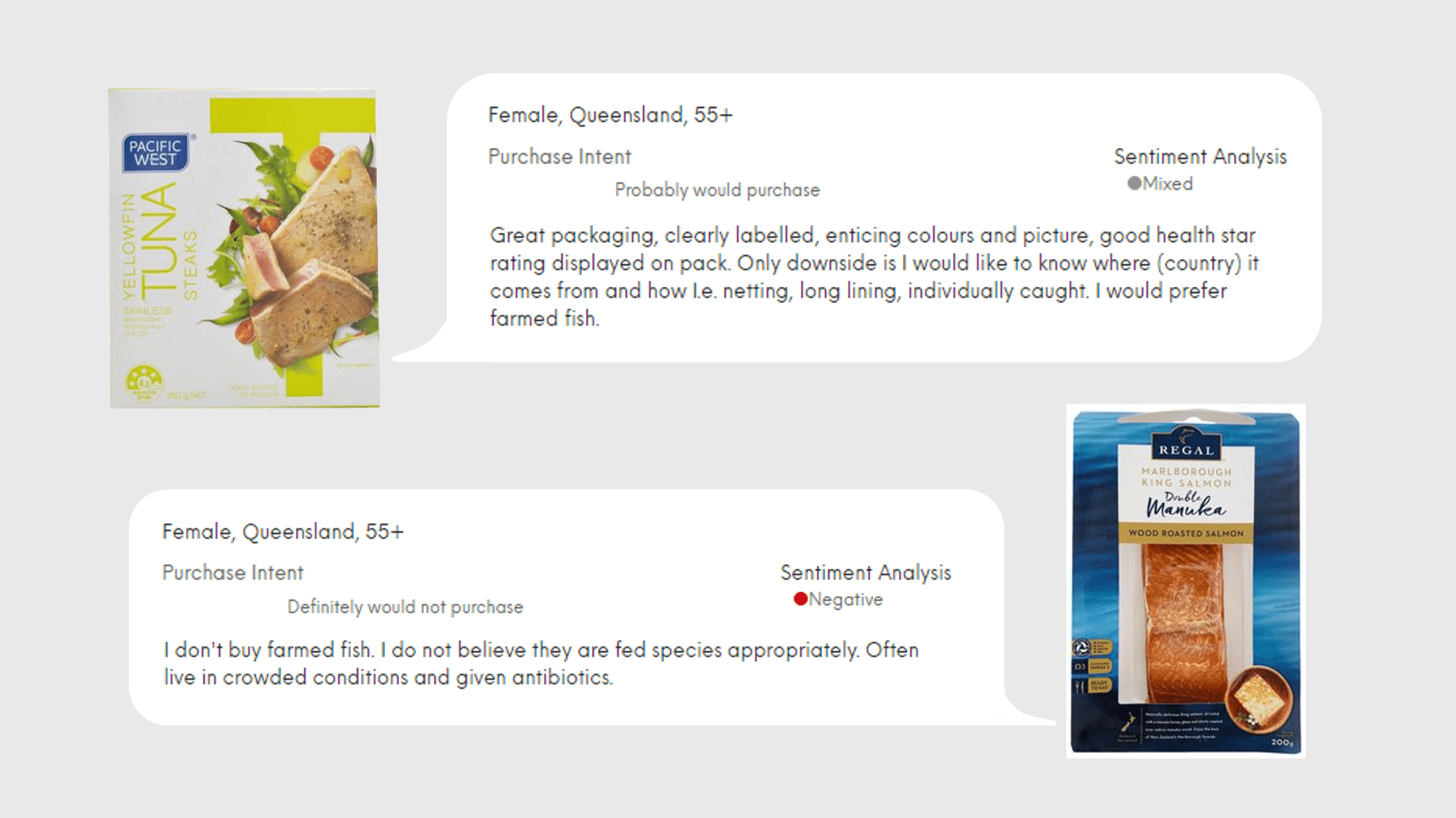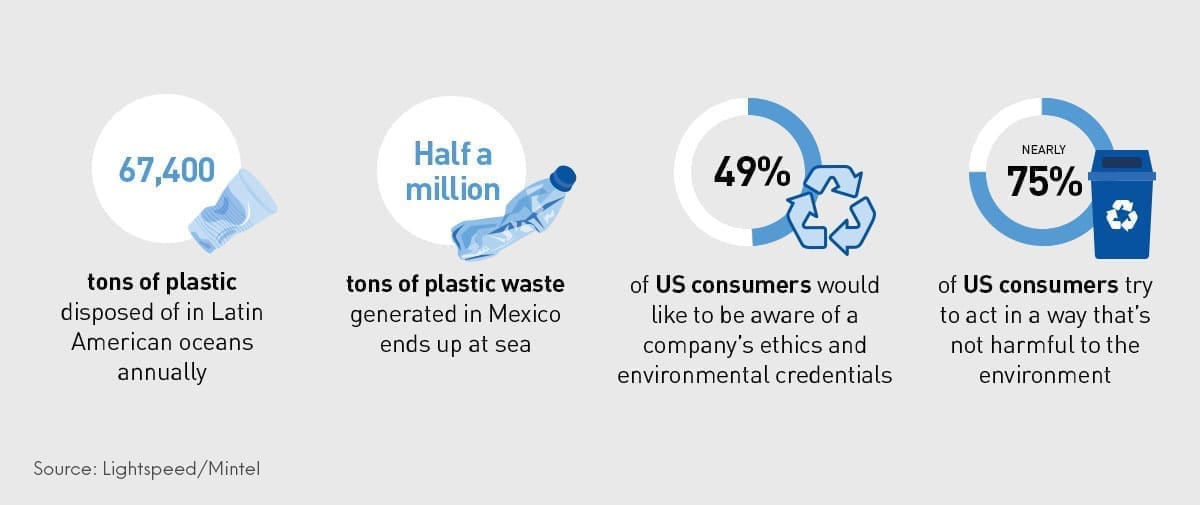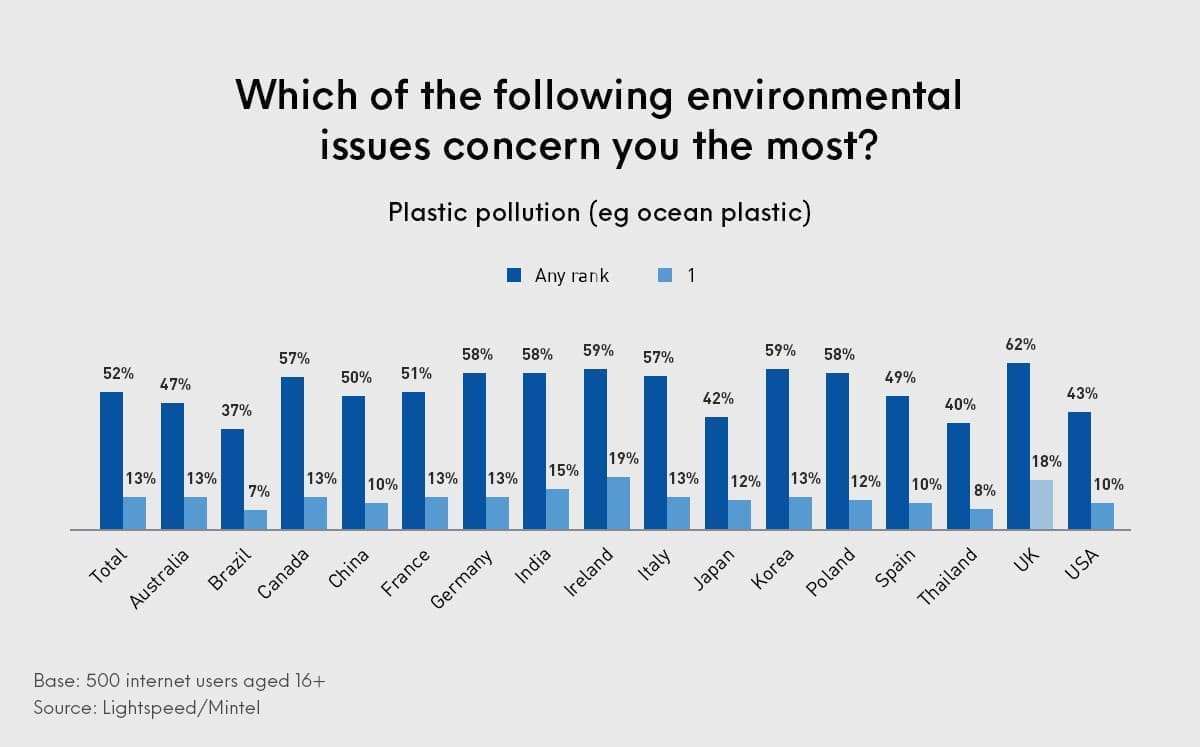More than three billion people worldwide rely directly on the oceans for their livelihoods, with industries from tourism, fishing and seafood to shipping and transport all sustained by the water that makes up 70% of the surface of our planet. The countries, communities and people around the world rely heavily on the ocean and its resources to provide food, livelihoods, biodiversity, and a sense of identity. However, local marine ecosystems are struggling under the weight of various environmental stresses caused by unsustainable human practices.
Since 2008, the United Nations (UN) has officially recognised June 8th as World Oceans Day, using it as an opportunity to inform the public about the impact of human actions on the ocean. This year’s theme ‘Life & Livelihoods’ seeks to highlight humanity’s relationship with the ocean over time – culturally, socially, and economically – and the importance of creating balance rooted in true understanding of the ocean and how humanity relates to it. The aim is to protect 30% of the land and ocean by 2030.
Sustainability is often positioned to consumers as a choice between the environment or the economy – between life and livelihoods. This is a false dichotomy produced by a lack of imagination and preference for the status quo. In truth, sustainability presents businesses with an opportunity, not only to satisfy consumer expectations but to pioneer new and innovative products and solutions that balance life with livelihoods in a way that benefits both. After all, there can be no livelihoods without a healthy and thriving planet on which to live.
The Bigger Picture
Every few years a new documentary releases claiming to be an exposé of an industry harming the environment, animals, people, or, as is usually the case, all three. This years’ panic-prompting film was Netflix’s Seaspiracy, which explores the destructive impact of commercial fishing on our oceans and the damage it’s done to marine life. While the accuracy of such documentaries has been hotly contested, what is undeniable is the nerve they strike with consumers. Seaspiracy’s final call to action – to stop eating fish – will be a bit of a stretch for most consumers, but that doesn’t mean these kinds of films don’t have an impact. Knock-on effects have some consumers reconsidering and cutting back on their consumption, being more aware of the plastic packaging they use, and scrutinising on-pack sustainability claims more closely, and the emotive storytelling helps the message resonate long after they’ve forgotten the exact statistics.
More than anything, consumers gain greater awareness of how interconnected the issues of ocean, climate, and biodiversity are. We’re seeing a new emphasis on overfishing – and animal consumption in general – in the context of the deepening climate crisis. This means consumers’ expectations around the ethics of their purchases are becoming increasingly complex. Research from Mintel Purchase Intelligence shows how, among consumers in Australia, for example, some look for farmed fish for sustainability reasons while others avoid farmed fish believing it to be unsustainable and unhealthy.
The complexity here lies in the fact that both methods can be unsustainable, but it largely depends on the practices of the fisheries themselves. It’s, therefore, important for brands to understand the adjacent issues and allay those fears for consumers as well. The claim ‘wild caught’, for example, might be intended to evoke images of a single fisherman hauling in fresh fish from the ocean, but consumers are more educated about issues like bycatch and the damage caused by ocean floor trawling. Likewise, farmed fish avoids those issues but instead raises concerns about additives, antibiotics, fish welfare, and environmental habitat degradation.
Alongside these issues, the World Trade Organization has long pushed for an end to government subsidies that prop up fishing industries – a driver of the overexploitation of global fish populations while helping wealthier countries outcompete the small-scale fisherman in poorer nations that rely on the ocean to provide for their communities. Consumers are putting the pieces together and beginning to understand how their consumption has big flow-on effects, and brands are pushing for change on their behalf. In the US, for example, multinational retailer Walmart has set a goal of having all fresh and frozen fish it sells certified by the Marine Stewardship Council, which promotes sustainable fishing. Where the government’s hands may be tied, brands can amplify the voice of the consumer and act as agents of change.
Ocean plastic
A 2017 report from environmental group Ocean Conservancy found that more than half of the 8 million tonnes of plastic waste that ends up in the ocean comes from five countries: China, Indonesia, the Philippines, Vietnam and Thailand. Since then, the region has taken small steps towards curbing its dependence on plastic as consumers have become aware of the impact their plastic usage has on the ocean they depend on. Tourist spots like Bali, Penang, and Boracay took the lead with plastic bag bans, and many retailers in the region have implemented plastic bag charges with little resistance from consumers. Indeed, Mintel’s research shows that consumers are increasingly aware of the need to change their habits; 77% of US consumers say that an individual’s sustainable actions can have a global impact while 78% think large-scale initiatives from brands are needed to protect the environment. In the UK, 45% of consumers say that plastic pollution is one of their most important ethical concerns, while 84% of Chinese consumers say they’re prepared to boycott companies who behave unethically.
In Latin America: 67,400 tonnes of plastic are disposed of in Latin America’s oceans annually, Mexico generates half a million tons of plastic waste that ends up at sea. In Brazil, 31% of adults pay attention to the production process of the products they buy. And in US, according to Mintel Global Trend Driver ‘Surroundings’, 49% of consumers would like to be aware of a company’s ethics and environmental credentials. Nearly three-quarters of US consumers try to act in a way that’s not harmful to the environment.
The problem of ocean plastic is two-fold: collecting the plastic waste that’s currently polluting the ocean and preventing more plastic from reaching waterways in the first place. Brands are adopting innovative and holistic approaches to this problem. In the Philippines, Plastic Barter Stores provide communities with food and goods in exchange for plastic waste, which it then turns into bricks that are used for low-cost housing projects. German chemical and consumer goods company Henkel has partnered with Plastic Bank to integrate Social Plastic into their laundry and home care packaging. Social Plastic is repurposed from plastic collected by disadvantaged people and communities before it enters the ocean, serving the dual purpose of cleaning ocean-bound plastic waste and providing collectors with a path out of poverty.
Many brands are trying to limit their use of virgin plastics and use only recycled waste plastic. Australian beauty brand Ultraceuticals has partnered with Ocean Waste Plastics (OWP) to work towards decreasing its use of virgin plastic and removing plastic waste from the ocean at the same time. While the transition process can be difficult for brands in industries like beauty, which have specific requirements of their packaging, brands are recognising that it’s a process worth undertaking regardless of the hurdles as consumers increasingly come to expect it.
Transparency is Key
Consumers rely on packaging claims to help them make choices that are in line with their values and place their trust in on-pack certifications from organisations that are dedicated to protecting the environment for reassurance. The net effect of documentaries like Seaspiracy is that they erode consumer trust in those certifications, meaning that brands can’t simply rely on alliances with third-party organisations to assuage consumer concerns. It will be increasingly important for brands to show their homework, so to speak, by being realistic about the challenges their industry faces and transparent about their own practices.
Consumers are looking for an honest effort, and that needs to entail radical transparency and accountability across the supply chain in setting and reaching sustainability targets. One of the most important elements of remaining truly accountable is to collect the information and data that makes these efforts measurable. Without truly understanding the nature and scale of the problem, we can’t know what efforts are making a difference. The opportunity exists for businesses to take the lead on these issues and come up with truly innovative solutions – new approaches that excite consumers as much as they allay their fears. While the road to sustainability is difficult, it doesn’t have to be boring, and consumers are keen to come along for the ride.








































